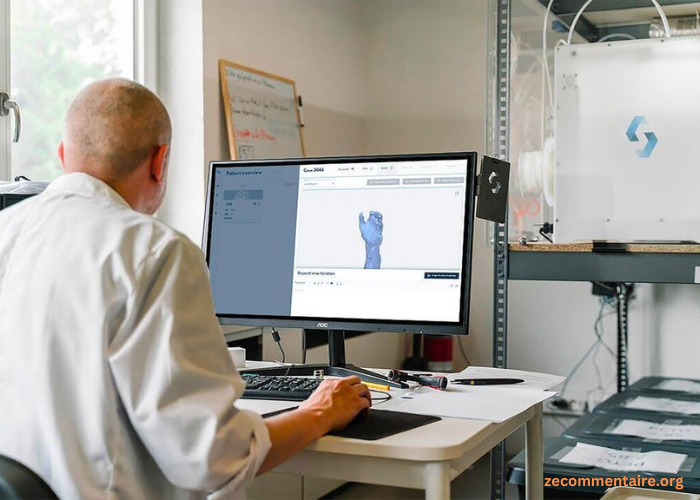Are you facing the challenge of finding the perfect 3D scanner rental? With the myriad of options available, it’s like searching for a needle in a high-tech haystack.
Whether you’re a seasoned professional tackling a big project or a novice looking to dip your toes into 3D scanning solutions, we’ve got you covered.
This guide will help you sift through the technical jargon and find the scanner that fits your project like a glove. Ready to get started? Let’s dive in!
Define Your Project’s Requirements
Understanding your project’s scope is key. What are you scanning? Is it a small, intricate object or a large structure?
For precise measurements, you need a high-resolution scanner. If you’re scanning large objects, a handheld scanner may be more suitable.
Additionally, consider the environment in which you’ll be using the 3D scanner. Will you be scanning indoors, outdoors, or both? Each setting demands a different type of scanner so choose accordingly.
Finally, think about the project duration. Is this a short-term need or a long-term project? Identifying these essentials will greatly narrow down your options.
Consider Resolution and Accuracy
Resolution refers to the level of detail that can be captured by the scanner. The higher the resolution, the more precise the scan will be.
Accuracy, on the other hand, is how closely the scanned model matches the original object’s dimensions. This is measured in millimeters or inches, with lower numbers indicating higher accuracy.
For smaller objects, a resolution of 50 microns (0.05mm) and an accuracy of 25 microns (0.025mm) is recommended. For larger items, a resolution of 100 microns (0.1mm) and an accuracy of 50 microns (0.05mm) is suitable.
Evaluate Scanning Speed
Handheld scanners tend to have slower scanning speeds but offer more flexibility in terms of movement and positioning. Alternatively, stationary scanners are faster but require the object to be still during scanning.
Consider your project’s timeline and the importance of speed. If you have a tight deadline, prioritize those with faster scanning speeds.
Evaluate Equipment Flexibility
Nothing is more frustrating than realizing the scanner you chose doesn’t have the capabilities to scan all the objects in your project. Different scanners offer various modes such as:
- structured light
- laser triangulation
- laser pulse (time of flight)
Some may even have interchangeable lenses for varying sizes and complexities of objects. Make sure to choose something that can handle the range of objects you’ll be working with, or consider renting multiple scanners if needed.
Understand Rental Terms and Support Options
Understanding rental terms is crucial when you decide to rent 3D scanners. This step ensures you’re fully aware of the duration, costs, and any additional fees that may apply.
Also, be sure to inquire about the support options available. Will there be technical assistance in case of issues?
Access to customer service can make a big difference in how smoothly your project proceeds. Ensure these details are clear to avoid surprises and ensure your project’s success.
Making Your 3D Scanner Rental Decision
Choosing the right 3D scanner rental can immensely impact the efficiency and quality of your project. By understanding the factors mentioned above, you’re well on your way to making an informed decision.
Ready to take your project to the next level? Find your ideal rental selection today and elevate your scanning experience.
Interested in more content like this? Check out the rest of our blog now!




